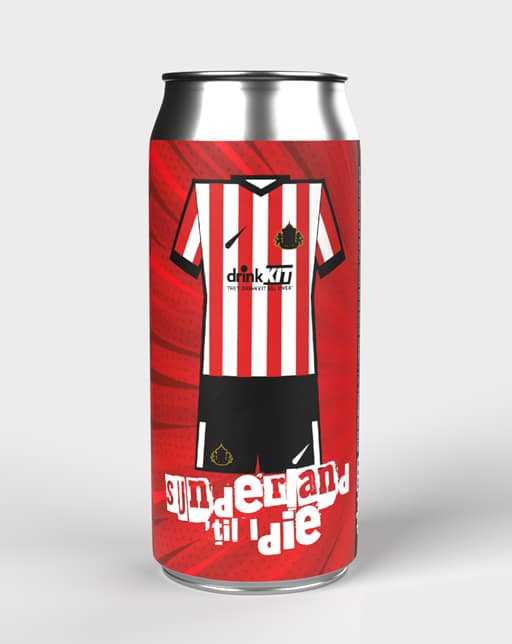The 1985 Milk Cup final was a major upset in English football, as surprise winners took home the trophy that year. On March 24th in front of a full Wembley Stadium, Norwich City beat Sunderland after an unfortunate own goal gave them the victory. Read on to learn more about the history of the final, and its lasting impact on the game of football.
Introduction to the Milk Cup Final.
The League Cup was an annual competition sponsored by The Milk Marketing Board and later, Milk Marketing Ltd., from 1981 to 1986. The original League Cup competition was launched in the 1960-61 season with Aston Villa being the inaugural winners, defeating Rotherham United 3–2 in the final over two legs. The 1985 Finals of the competition, then known simply as the Milk Cup final, would be remembered as one of its most dramatic, celebrated games.
How the Match Changed English Football.
The 1985 Milk Cup Final was a turning point in English football as it saw an unlikely winner, Norwich City, lift their second major trophy, having won the original League Cup back in 1962. This victory excited and inspired their supporters, inspiring new levels of passion from their fanbase and giving them a renewed sense of pride in their team. It also showed smaller teams that they too could achieve success, inspiring more teams to work hard for the ultimate aim of competing for trophies and top-flight league status.
Norwich’s Victory.
Despite being the favourites, Sunderland were unable to stop Norwich City from lifting the trophy. In a pivotal moment just after half-time, the ball fell to Norwich midfielder Asa Hartford, who tried to lift it over defender Gordon Chisolm towards Sunderland goalkeeper Chris Turner’s far post. However, the ball wickedly deflected off the unfortunate Chisholm and wrong-footed Turner, putting Norwich 1-0 up and cementing their place in history as cup winners. An inspired performance from the Canaries meant that despite being awarded a penalty, which Clive Walker put wide of the post, Sunderland couldn’t overturn the deficit. It was an inspiring finale that showed how smaller teams could defy expectations and compete against larger sides.
The Impact of the 1985 Milk Cup Final on English Football Today.
To this day, the effects of the 1985 Milk Cup are still being felt in English football. The victory was a wake-up call to smaller teams that they could compete against top-flight sides and even win. It also had the effect of energising supporters of smaller teams, who now knew there was potentially a chance for their team to go all the way. This new-found confidence also made top-tier clubs more cautious when playing against lower league sides, who were often seen as easy wins before this game.
The Aftermath: What Happened Next?
The aftermath of the 1985 Milk Cup final was an exciting period for English football. Suddenly, lower league teams no longer felt the need to accept defeat before they had even stepped onto the pitch. A renewed sense of hope and possibility meant that these sides now believed they could compete against their higher-level opponents and triumph. This new mentality saw more of these smaller clubs fighting in cup finals, ultimately paving the way for incredible success stories such as Wimbledon’s ‘Crazy Gang’, who won the FA Cup in 1988 against a star-studded Liverpool side.

